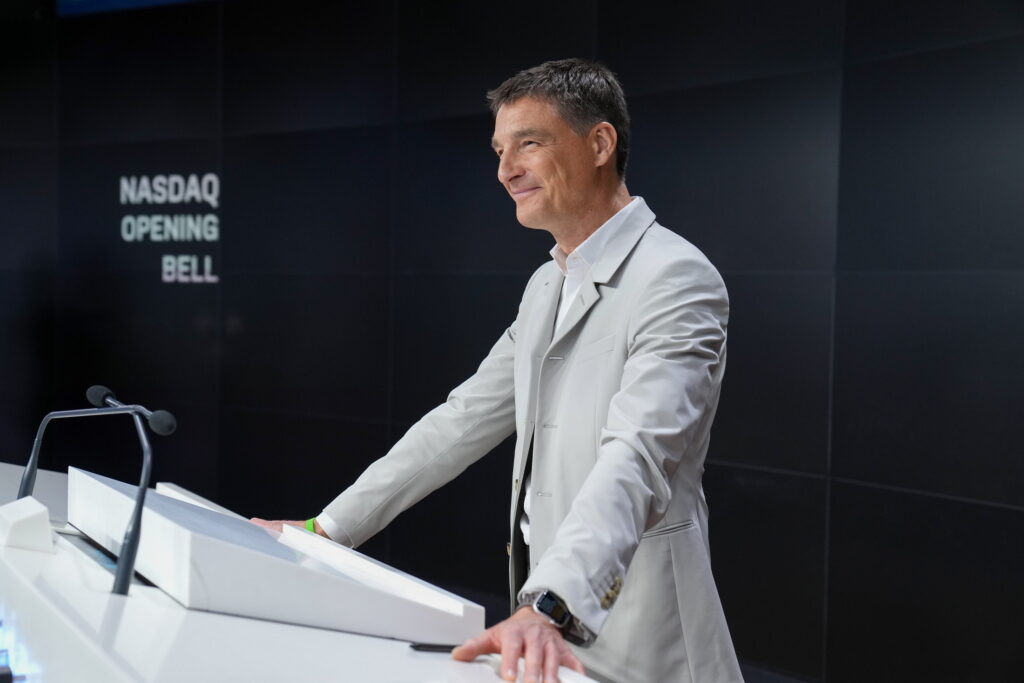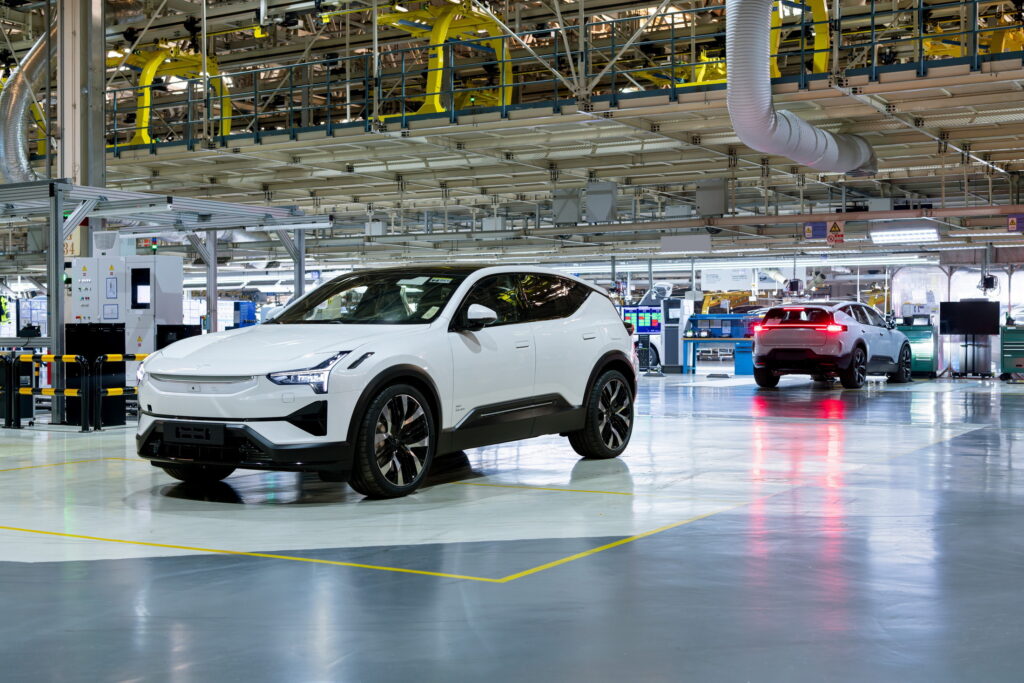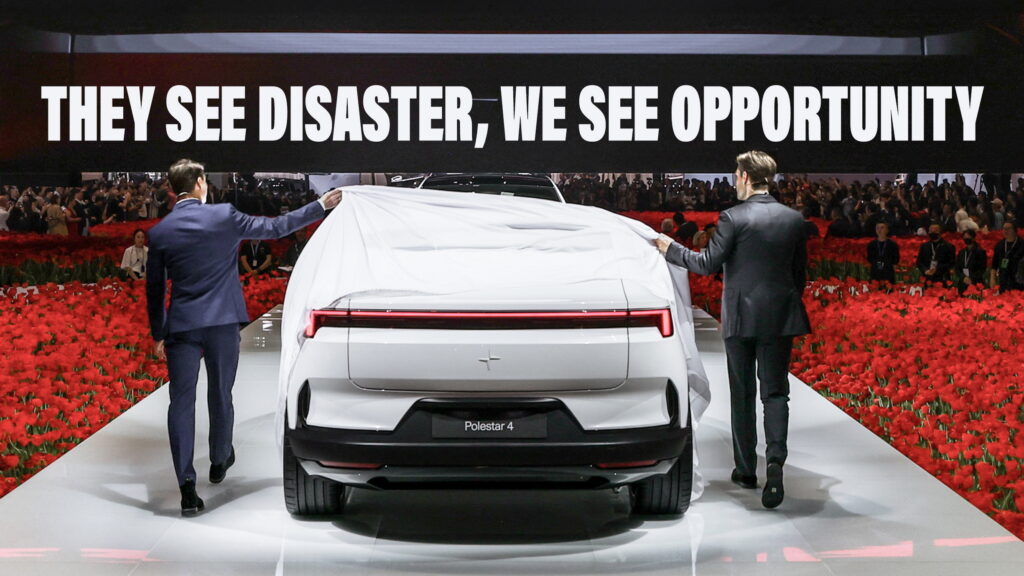Polestar has taken a bruising in recent months, as its performance disappointed investors, and its parent company, Volvo Cars, announcing it would cease financial support. Geely, the parent company of both Volvo Cars and Polestar, has stepped in to provide support. However, Thomas Ingenlath, the startup’s CEO, recently claimed that his company is actually in a better position than it may look like from the outside.
Although EV sales globally increased between 2022 and 2023, the growth was not as significant as in previous years, nor did it meet the expectations of automakers worldwide. Consequently, companies that had committed to transitioning entirely to electric vehicles have recently reversed their stance, opting to rely more (or at least for longer) on internal combustion and hybrid models while awaiting a rebound in the EV market. Ingenlath contends that these automakers are falling into a “trap.”
“There’s an incredible threat and danger if you don’t embrace future innovation and believe in that technology – the electric drivetrains, the innovation in battery, the innovation in modern electronics and software,” he told The Telegraph. “If you don’t participate in that and think you can wait, and customers are ready for it, it’s an incredible trap.”
Read: Volvo’s Divorce With Polestar Is Official, Geely Picks Up The Pieces

However, Ingenlath wasn’t upset that traditional automakers are falling into it. He claimed that since his company his fully committed to EVs, the vacuum left by traditional automakers who have been spooked by slowing growth can be filled by the Swedish startup.
“It’s an incredible opportunity for Polestar that, in that sector of premium performance cars, there is indeed not that much competition coming,” said Ingenlath. “I definitely think that is where you have customers who very much embrace the innovation and the greatness of the electric drivetrain, especially in this very high-end premium, exclusive sector.”
Ingenlath pointed out that those customers will support it through difficult times, adding that unlike Tesla, whose Model 3 and Y are targeting mainstream customers, Polestar’s wealthy clientele are less susceptible to economic factors than less affluent buyers.
However, those customers haven’t given Polestar the same success that Tesla’s mainstream buyers have. While the American automaker made one of the most popular vehicles on earth in 2023, the Model Y, Polestar was forced to downgrade its forecasts last year, as it struggled to meet its sales targets.
Also of concern for Polestar is its manufacturing. While initially building its vehicles at plants in China enabled it to expedite getting vehicles on the road, this decision also exposes it to vulnerability, as Europe and the U.S. contemplate regulations that could disadvantage vehicles manufactured within the Asian superpower’s borders.
With production coming to Korea and already rolling in the U.S., as well as its opportunity to double down where traditional automakers have chosen to hesitate, the company is not without hope, though. That may explain why it recently secured a $1 billion funding package from a group of banks, which may allow Polestar to stick around long enough to find out if Ingenlath’s optimism is justified.





